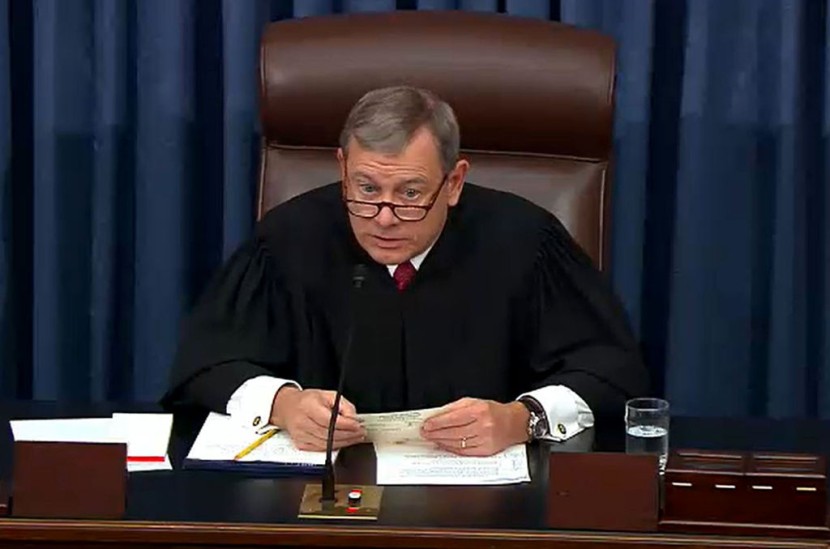
The United States Supreme Court has divided lawmakers, Democrats and Republicans, after ruling against race being a factor in college admissions.
Democratic officials have denounced the extraordinary decision as a blow to civil rights, and Republicans praised it as a long overdue step toward a colorblind culture. For a long time, the left has supported affirmative action, calling it a crucial, if imperfect, effort to rectify the centuries of race-based injustice.
Supreme Court Rejects Race-Based College Admissions
On the other hand, Republican lawmakers have criticized the concept of race-based admissions as being outdated and simply discriminatory. GOP officials have argued that race-based admissions undermine a merit-based education system and deny opportunities to other groups of students.
Arguments from both parties were on full display on Thursday morning when Democrats and Republicans weighed in on the historic decision of the nation's highest court. In a statement, Republican House Speaker Kevin McCarthy said that thanks to the Supreme Court's decision, no American will be denied educational opportunities anymore because of their race, as per The Hill.
He added that students can now compete based on equal standards and individual merit. The Republican lawmaker also noted that the decision would make the college admissions process fairer and be able to uphold equality under the law.
On the other hand, Senate Majority Leader Chuck Schumer, a Democrat, said that the court's ruling had placed a giant obstacle in the United States' route toward racial justice. He argued that the "misguided decision" reminds America there is still a way to ensure everyone is treated equally.
The Supreme Court's decision, as well as the reactions from both parties, highlight the stark differences in stances between lawmakers regarding the issue of racial equality and the federal government's role in helping to ensure it is delivered.
Chief Justice John G. Roberts Jr. was the one who wrote the 6-3 majority decision and said that race-conscious admissions programs at Harvard and the University of North Carolina "unavoidably employ race in a negative manner," according to the New York Times.
Addressing Racial Equality
Roberts said that universities could consider how race has affected a person's life, a topic they could write about in an application essay. However, he argued against schools using such considerations as a covert means of racial selection.
In his decision, the chief justice said that universities might not simply establish through the application essays or other means the regime they hold unlawful today. On the other hand, Justice Sonia Sotomayor summarized her dissent from the bench, which was a rare move suggesting she profoundly disagreed with the court's ruling.
Justice Clarence Thomas, in a lengthy concurrence, criticized the use of affirmative action policies in colleges and universities. He described the process as "rudderless, raced-based preferences designed to ensure a particular racial mix in their entering classes."
Sotomayor was joined by Justice Elena Kagan and Ketanji Brown Jackson against the ruling, saying that the decision only works to remove decades worth of precedent and momentous progress, said CNN.
Related Article: Ron DeSantis Seeks Delay of Disney Trial, Prioritizes 2024 Elections
© 2026 HNGN, All rights reserved. Do not reproduce without permission.








